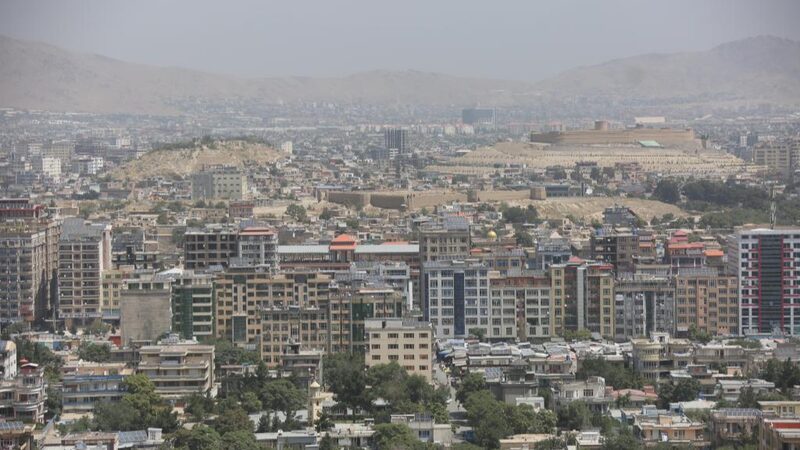Twenty-three years after 9/11, the annual U.S. commemoration sparks fresh debates about the legacy of American foreign policy. Beyond honoring victims, critics argue the tragedy became a catalyst for controversial domestic measures and overseas wars that reshaped global dynamics. Let’s unpack the story. 🕵️♂️
From Grief to Geopolitics
While 9/11 claimed nearly 3,000 lives, analysts highlight how subsequent U.S. actions led to millions of casualties abroad. The 'War on Terror' 🛡️ launched invasions in Afghanistan and Iraq—actions critics call extensions of U.S. hegemony rather than genuine counterterrorism efforts.
Domestic Fallout: Surveillance & Fear
At home, Arab and Muslim communities faced heightened scrutiny post-9/11. Edward Snowden’s leaks exposed mass surveillance programs, while police militarization surged—a reality still shaping U.S. civil liberties debates today. 🔒
A Blueprint for Intervention?
Former NATO commander Wesley Clark revealed plans to target seven countries post-9/11, including Iran and Libya. Many now bear scars of destabilization, raising questions about the human cost of unilateralism. 💥
As younger generations revisit this history, the challenge lies in balancing remembrance with accountability. Could addressing root causes like interventionism prevent future cycles of violence? 🤔
Reference(s):
9/11 commemoration: A reminder of the perils of U.S. unilateralism
cgtn.com




